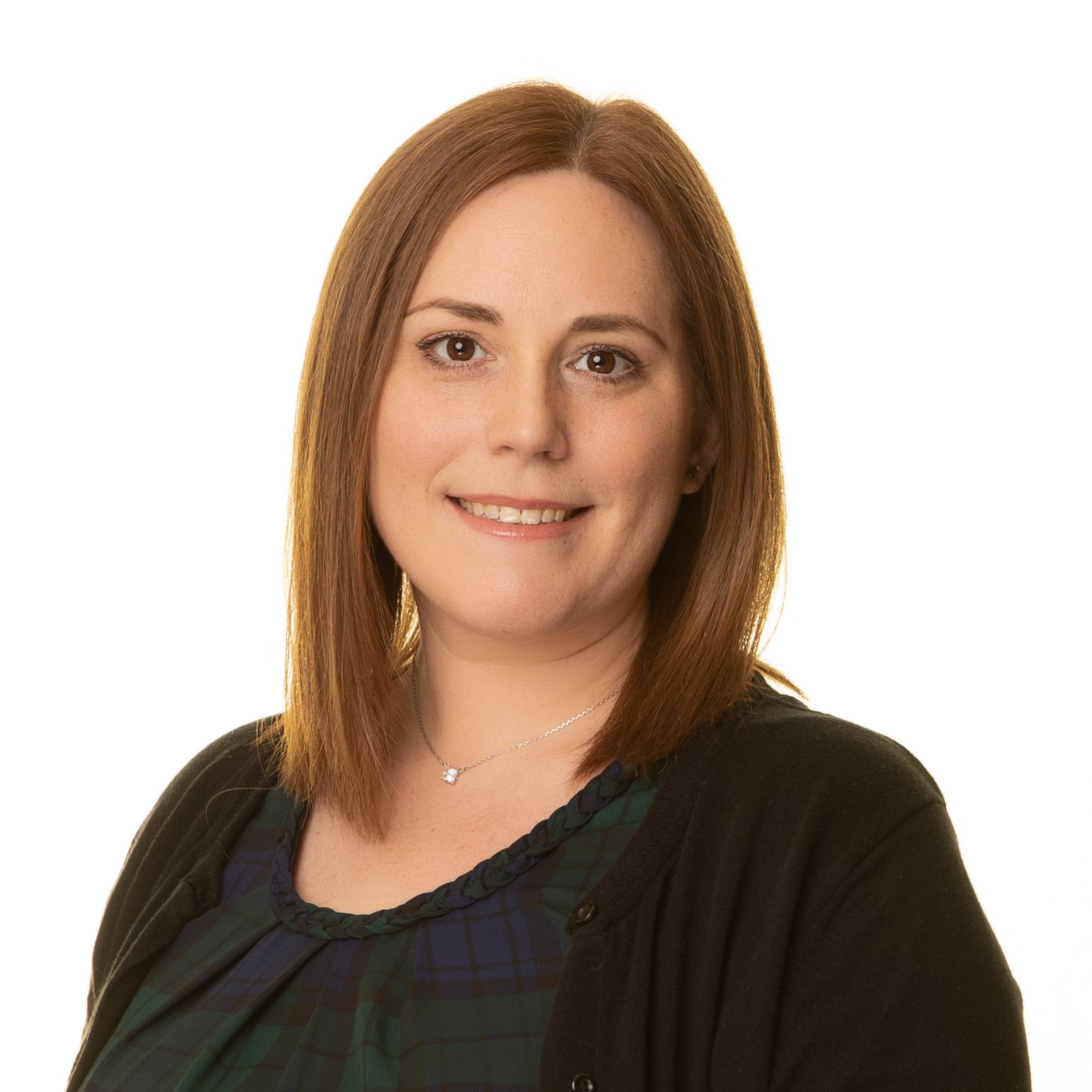We subscribe to a broad definition of “scholarship”, which is: to take a deep dive into some territory of curiosity or wonder. This program will provide the fellow with an opportunity to build the skills to pursue an area of inquiry of their own choosing, with self-directed goals and content. They may learn and practice ways of making observations systematically and rigorously, synthesizing information, and clearly describing or expressing for a diverse audience the observations they have made. Our Research/Scholarship program will provide the fellow with support and mentorship available from the Department of Family Medicine and beyond, as appropriate to their goals, which could include research, education/teaching, writing or health humanities. They will have protected time to pursue a project that contributes to the primary care knowledge base and may pursue applications of teaching and scholarship in clinical contexts. The PGY3 invited to fill the role is expected to provide leadership in delivering the Research/Scholarship focus for PGY1/2, and for research/scholarship work of other PGY3 enhanced skills residents. There is no clinical requirement as part of the PGY3 program, but this could be included in the program if it is part of the resident’s goals for the year. Applicants may also consider this as a part time program to complement another enhanced skills program or independent clinical activities.
Preferred applicants will have demonstrated some scholarly interest in their training to date and have a somewhat defined idea of an area they wish to explore and the ways in which this may be useful in their future career path.
PROGRAM OVERVIEW
Time available: up to 12 months, part-time (minimum 60%) or full-time
Examples of potential project focus include (but not limited to):
- An area of clinical interest
- Social and ecological determinants of health
- Advocacy, policy, justice, equity
- Health humanities, narrative, art, spirituality and healing
- Medical education, curriculum development
- Information technology
- Effective use of social media for scholarly activity
Examples of potential activities/outputs
- Participate in a series of seminars/modules on research and scholarship skills
- Enroll in a research course or masters program at the same time
- Participate in or lead a scholarship community of practice with other residents
- Supervise research projects by undergraduate and medical students
- Complete an independent research project
- Work with a faculty member on one of their projects
- Write an article, book chapter, PBSG module, teaching module, app, or online offering
- Attend and present at research conferences
- Develop new research skills in specific paradigms or domains
- Self-directed reading
- Peer review journal articles
Required elements of the fellowship:
- Develop skills in scholarly inquiry and complete a scholarly project
- In collaboration with the Research and Scholarship Program Director, assemble an appropriate Fellowship Advisory Group, that includes mentors chosen for their expertise related to the learning goals or area of inquiry
- Provide mentorship to other PGY3 for their own scholarship projects
- Teach, develop curriculum, and participate in faculty development for the PGY 1 and 2 Inquiry curriculum (including quality improvement and critical appraisal), and mentor PGY 1 and 2 in their own scholarship work.
- Participate in the DFM research networking activities, rounds and committees where appropriate.
HOW TO APPLY
Category 2:
- Save and fill out the Category 2 Enhanced Skills Application Form (PDF)
- Submit your completed application, along with your CV and letter of intent to fmpgy3@mcmaster.ca
- Ensure that the subject line of your application email follows this format: “Last name, First name – 20XX/20XX Application” (please indicate the academic year you are applying for).
- Request that your Program/Site Director and two referees send their letters directly to us at fmpgy3@mcmaster.ca. If you have any questions, please contact fmpgy3@mcmaster.ca
Learner Spotlight
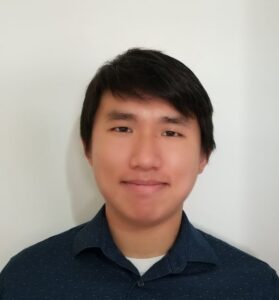
Why did you apply to the research and scholarship fellowship?
I applied to this fellowship because I have a passion for research that I was not able to pursue during my core family medicine residency. I saw this fellowship as an opportunity to dedicate some time towards furthering my research interests and skills so that I can prepare for a career where I am able to incorporate research into my practice.
What project(s) are you focusing on during your fellowship year?
My main research interest is in promoting physical activity in the primary care setting. Physical activity has so many evidence-supported benefits, yet only half of Canadians meet guideline targets. My project is a qualitative study on a physiotherapist-led exercise intervention run out of one of our local clinics looking at some of the intervention components they incorporate and whether they effectively address the barriers to physical activity that patients present. I also worked on a narrative review investigating the factors that influence physician practice change.
What have you gained from the research and scholarship fellowship?
I have found that I have deepened my experience and expanded my skillset in research-related skills. Completing my own ethics application and assisting with the ethics application of some of my students allowed me to more effectively write my protocols and scrutinize them for important details. Teaching the Inquiry curriculum allowed me to refine my teaching skills as well as practice asking both myself and the students important questions to consider when moving forward with a quality improvement project. And working with experienced members from the research team at the department of family medicine taught me more specific research skills such as qualitative study design and analysis.
How do you think your next 5 years of career will be influenced by the research and scholarship fellowship?
After completing this fellowship, I am more confident in incorporating research into my future practice. I see myself continuing to be passionate about physical activity and seeking opportunities in a rural practice to continue with research alongside a spectrum of clinic activities.
What would you say to someone considering applying to the research and scholarship fellowship?
For anyone with any interest in research, scholarly work, education, or a non-clinical topic, this fellowship is an excellent opportunity to pursue it further. The self designed nature and the broad definition of scholarship allows this fellowship to be molded around the fellow’s goals and provides a tailored experience. It is an excellent experience for those with specific goals and experiences that they would like to achieve.
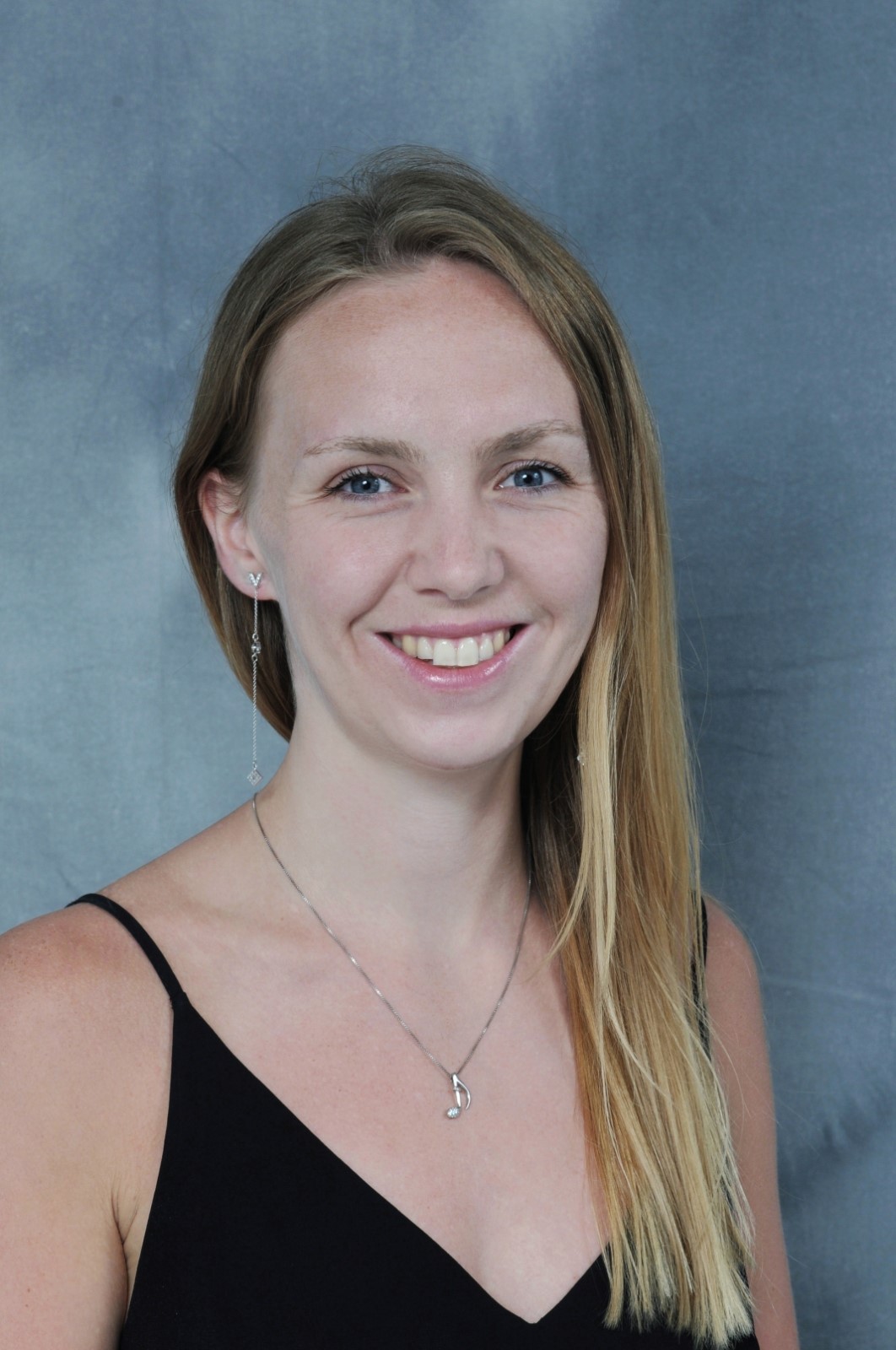
Why did you apply to the research and scholarship fellowship?
In medicine we are so used to being on a treadmill and jumping through the next hoop in front of us, focused on the task at hand. The research and scholarship fellowship was so appealing to me because of its self-directed nature and ability to have time and space to explore research questions that I had developed over the past couple of years. I am excited to learn more about research within the Department of Family Medicine and collaborate with colleagues to do important work within the primary care field in Hamilton and beyond.
What project(s) are you focusing on during your fellowship year?
I have three main areas of focus for my fellowship year; my own research projects, pursuing a Masters in Public Health part time, and mentoring residents in family medicine with their research projects. My own research is focused on the unique physical and mental health challenges experienced by musicians globally and exploring how we can better serve this population from a primary care lens in Canada. I am pursing the MPH to build skills in public health research and leadership which I hope to use within the field of performing arts medicine in the future. The mentoring I will provide will be through the Family Medicine Inquiry problem where we are piloting a new research stream for Family Medicine residents through which I hope to help inspire future generations of primary care clinicians and researchers.
What do you hope to gain from the research and scholarship fellowship?
I hope to reawaken my creative, curious mind with the time and energy to explore my research interests. I hope to gain skills which will serve me for my future in research through the MPH and learning opportunities provided by the research team in the department of family medicine. I hope to build relationships and collaborations with my family medicine colleagues to further develop a supportive and exciting community of clinicians engaging in research.
How do you think your next 5 years of career will be influenced by the research and scholarship fellowship?
Having the opportunity to focus on my research and scholarship interests for the next 12 months gives me the opportunity to pause and be intentional about my future as a clinician and researcher in primary care in Canada. Thanks to this opportunity I hope the next five years will reflect the balance that I aspire to have of protected time to carry out research that is important to the patients I serve clinically, a fulfilling clinical practice utilizing my primary care skills, and ongoing relationships with residents in the department of family medicine to support them personally and professionally.
What would you say to someone considering applying to the research and scholarship fellowship?
This fellowship is the perfect opportunity for those of you that feel there has not been enough time in the day throughout your medical training to date to pursue your interests in research or scholarly work. The self-directed nature means that you can really make of it what you wish, and support will be provided even if your scholarly work does not fit into the stereotypical mold that we think of when we talk about research. Please do reach out if you have any questions about the fellowship, and I would be more than happy to chat.
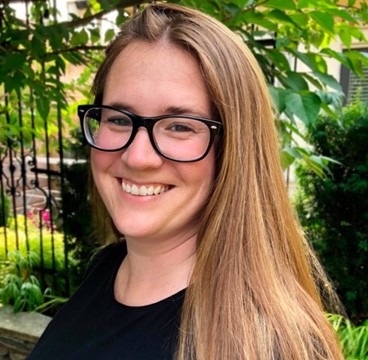
Why did you apply to the research and scholarship fellowship?
“Throughout medical school and residency, I loved research and was involved with a number of research projects. In my PGY2 year, I applied for and got a grant to support a research project I was leading to examine the health impacts of being banned from emergency overnight shelters. It didn’t have any salary support, and as a new researcher without formal research training, I was looking for both salary support and mentorship to lead this project. The fellowship was a perfect opportunity to access the support I needed to make my project a success, and grow and develop as a researcher in the process.”What project(s) are you focusing on during your fellowship year?
“My main project is Nowhere to Go, a mixed methods study to understand the health impacts of being banned from emergency overnight shelters in Hamilton Ontario, and what might be done to change them. We are recruiting 20 people who have been service restricted (banned) from shelter and conducting semi structured interviews with them, as well as reviewing their medical charts. We will use reflexive thematic analysis, basic descriptive statistics, and then mixing the data to identify meta inferences about this practice and its impacts. We will then share our findings with the community and decision makers to advocate for healthier public policy and shelter practices. I’m also supervising a number of undergraduate medical students and a masters student on their own scholarly projects, doing some self directed learning on mixed methods and community driven research methods, and contributing to a number of other primary care research projects examining safe supply programs, mortality among people deprived of housing, and the health of people who use drugs and are incarcerated.”
What have you gained from the research and scholarship fellowship?
“So much! I’ve been learning what it takes to be a principal investigator on a research project involving primary data collection from human subjects – the ins and outs of ethics approval, leading a large team, adjusting to unexpected road blocks, training new researchers, and more. I’ve learned a lot from supervising students – how much guidance do you give and how much do you direct the process, versus stepping back and letting them learn by doing (and making mistakes!). I’ve built new relationships with researchers working in the same fields or methodologies as me. I’ve developed skills to teach others’ about research and educational approaches. And the very practical support of a salary to allow me the time to do all of this, and funding to present at conferences.”
How do you think your next 5 years of career will be influenced by the research and scholarship fellowship?
“The fellowship has prepared me to be an independent investigator and lead my own research projects, to mentor and supervise students in the realm of research, and to develop the grant writing skills I need to continue pursuing primary care research. It’s also given me the time to reflect on the bigger questions of what kind of scholar and researcher I want to be, and how I can stay true to these values. All of this will shape the clinician-researcher I am in the next 5 years (and beyond!). Ultimately, I hope it will help me to make a difference in the world of primary care research and in the lives of patients and communities.”
What would you say to someone considering applying to the research and scholarship fellowship?
“If you have a scholarly project in primary care that you want to pursue – research, medical humanities, medical education, and beyond – and you want the resources, support, and flexibility to accomplish it while building your skills and network for the future, this is the fellowship for you. Apply!”
Contacts
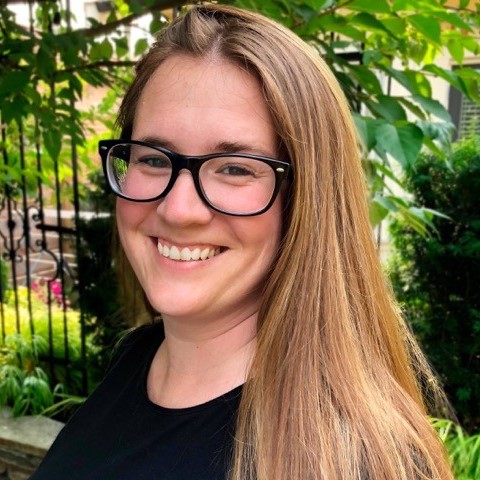
Claire Bodkin
Assistant Clinical Professor (Adjunct)

